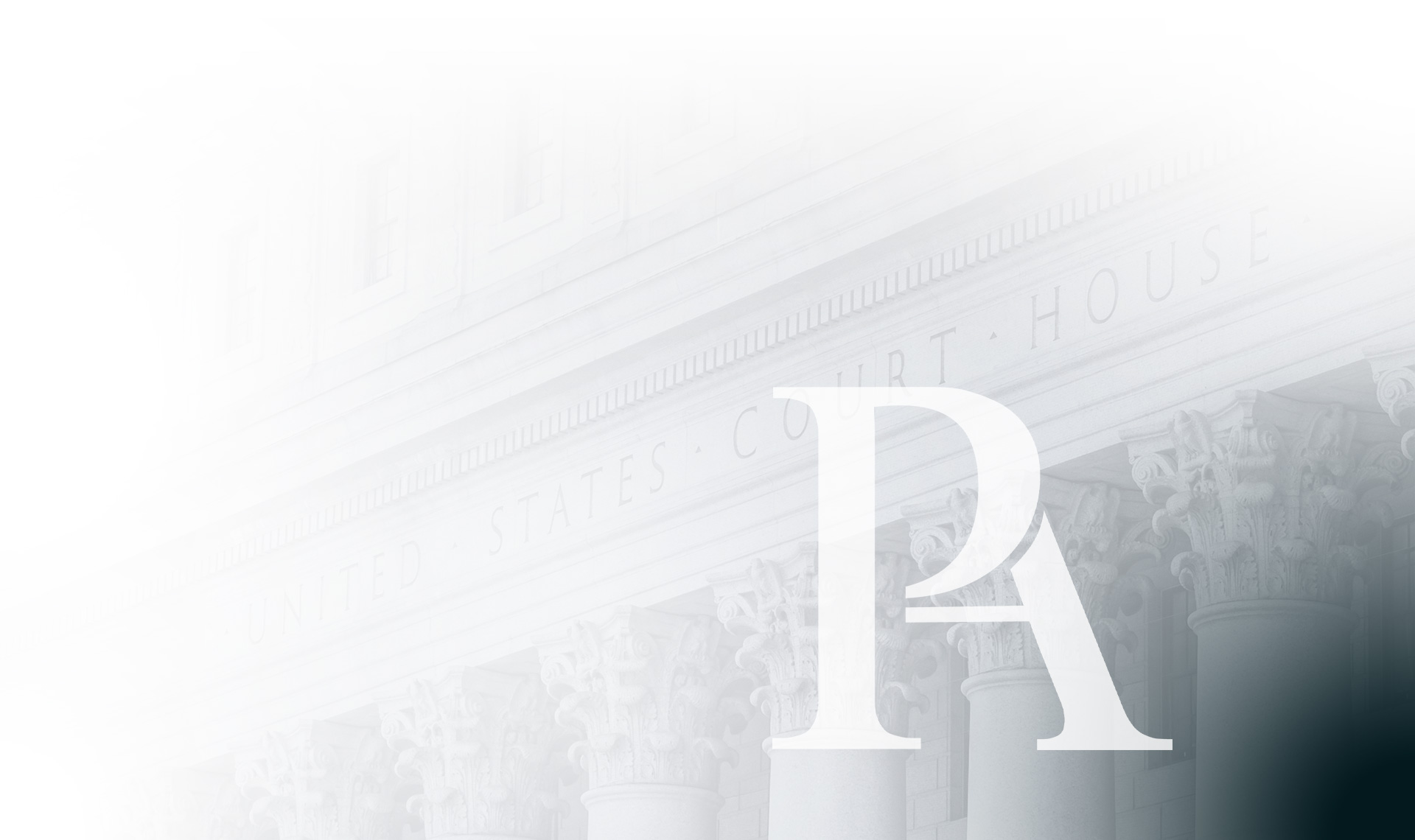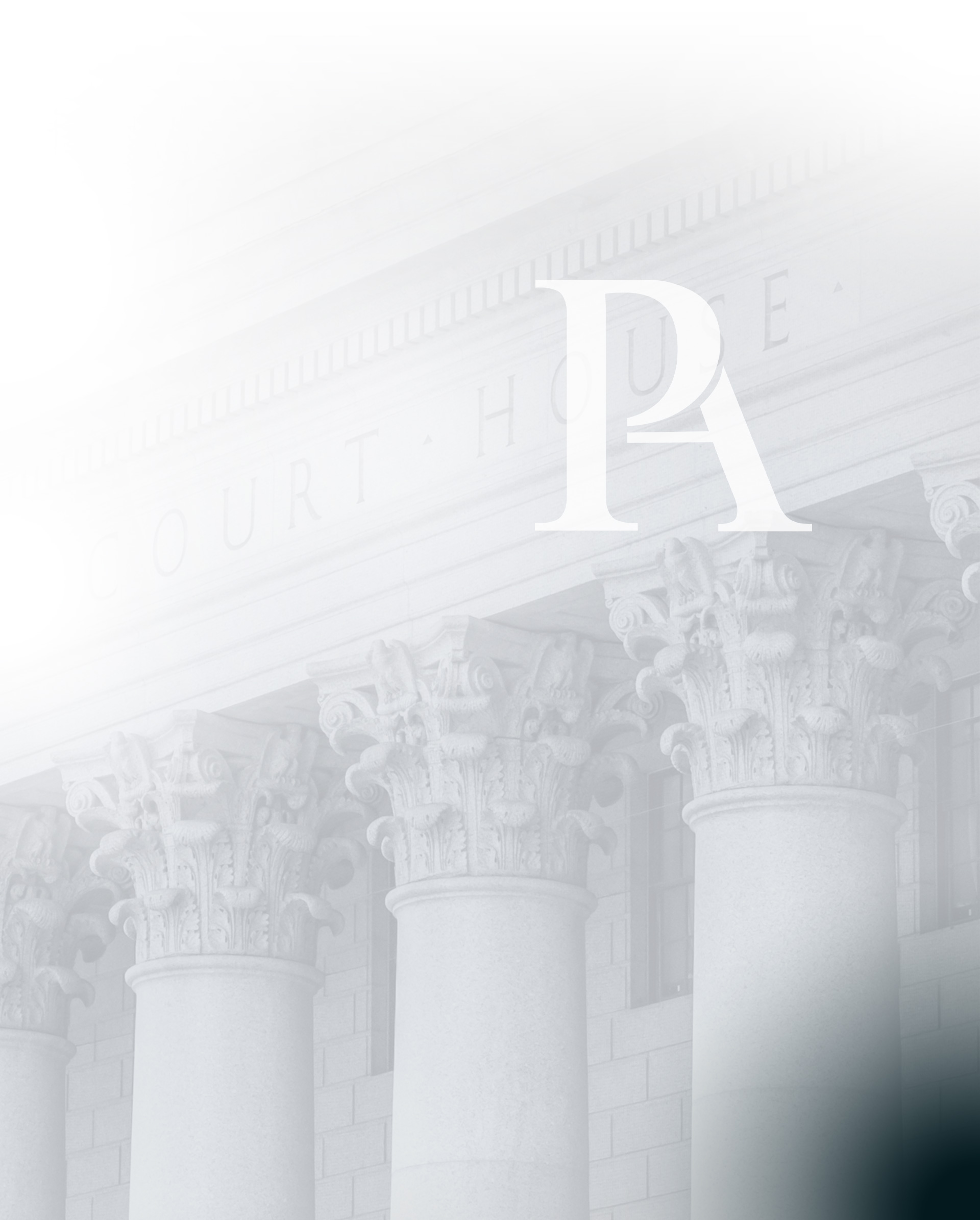

Why Choose Pitre & Associates?
-
Expertise
Our attorneys bring over 15 years of experience in federal employment law, specializing in complex legal matters like discrimination, wrongful termination, and whistleblower protections. We are committed to staying at the forefront of legal developments to provide the most effective strategies for our clients.
-
Results
Our attorneys have successfully negotiated over 8 million dollars in compensatory awards and attorney fees for clients. We’ve also prevented the removal and/or suspension of several federal employees, demonstrating our ability to achieve favorable outcomes. See our News and Case Successes for more details.
-
Reputation
Pitre & Associates, LLC and its attorneys have maintained an impeccable record with no complaints to the DC Bar or negative reports to the Better Business Bureau. Our reputation reflects our commitment to professionalism, ethical standards, and high-quality service for every client.
-
Reliability
Pitre & Associates, LLC has built a reputation for trust, earning the confidence of nearly every client we represent. Our personalized approach makes clients feel valued, and we take great pride in achieving high levels of satisfaction by focusing on their unique needs and providing exceptional service.
Understanding How Federal Employers Determine Disciplinary Actions
Initial adjudication proceedings for a proposed disciplinary action will not resemble a trial. A third-party official will review the notice of proposed discipline, the evidence your employer used to justify that notice, and your written or oral response(s). They will not review new evidence or conduct an additional investigation.
Evidence Standards for Misconduct Allegations. In situations where a proposed discipline involves allegations of misconduct, your employer only has to offer preponderant evidence. This means the deciding official must believe you “more likely than not” committed the described offense. This standard is much lower than that of a criminal trial, in which someone is innocent until proven guilty beyond a reasonable doubt.


-
5-Star Reviews
-
Recent Victories
-
Helpful Articles
